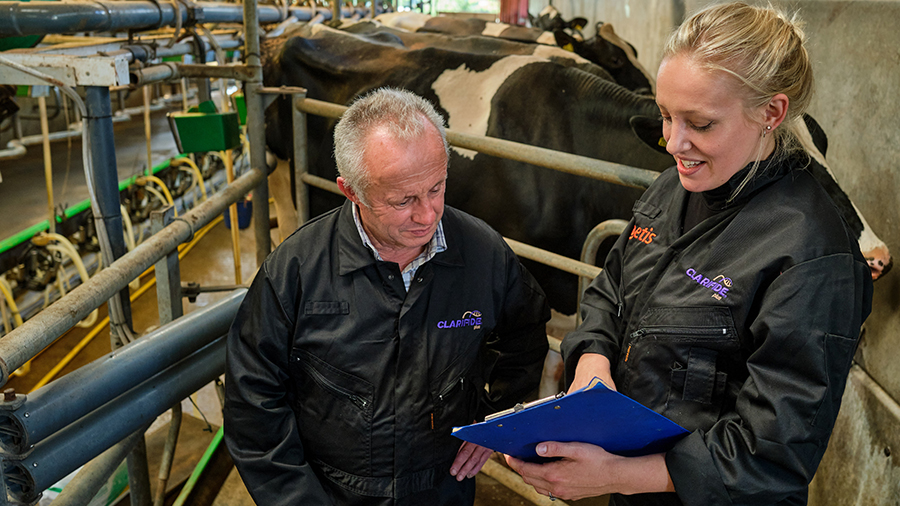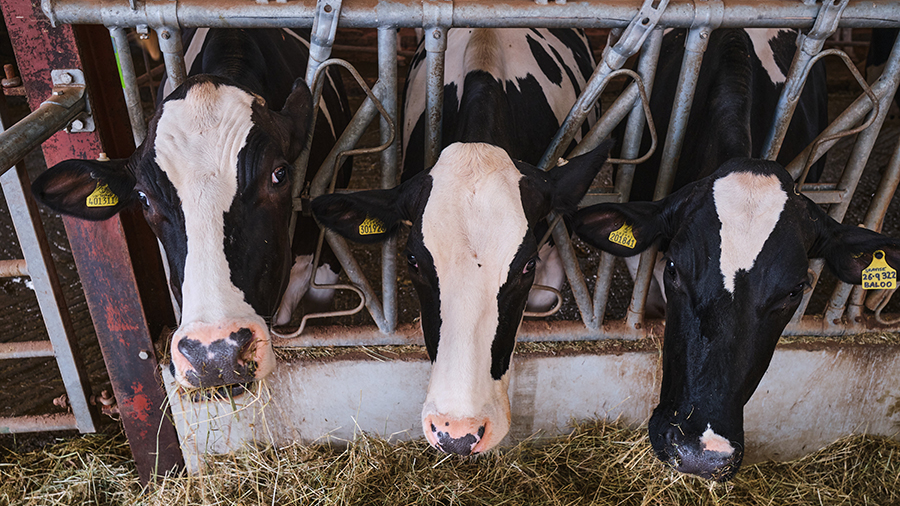Advertiser content
Mastitis Control – where are we going?
 © Zoetis
© Zoetis Dairy farmers across the UK deserve a huge pat on the back for progress made in recent years.
Since 2017 mastitis cases have dropped from 41 to only 32 cases per 100 cows per year. (Kingshay, 2021). This is a hugely positive picture that the industry has every right to be proud of! The reduced cases result in improvements in cow welfare and production efficiency.
So, does that mean the job is done and we can rest on our laurels? Of course not! What we now need to understand is how future goals may impact the way in which we manage mastitis.
Over the next decade, we’re going to have to focus on two factors. Firstly (and most importantly), we must continue our efforts to prevent intramammary infections and further reduce clinical cases. Many of our farms are now achieving case rates of less than 20 per 100 cows per year, showing that this is an achievable goal for more of us to aim for.
Secondly, there is likely to be an ever-increasing focus on the use of diagnostics to help tailor mastitis control on farm.
For instance, the regular submission of milk samples from clinical cases to laboratories for bacterial culture and analysis should become an essential tool to help guide farmers’ control plans and treatment decisions.
In addition, the use of on-farm diagnostics to provide quick answers to determine treatment choice with antibiotics and/or anti-inflammatories in individual cases is going to become far more prevalent.
Both of these factors; preventing mastitis and using more diagnostic tools to inform treatment decisions are likely to require a close relationship with local veterinary practices. In order to understand more from dairy farmers and vets about mastitis control we have commissioned a survey.

© Zoetis
We aim to find out more about farmers’ current attitudes to mastitis management and use this information to help support local veterinary practices on how they can best support their farmers.
Your responses are anonymous with no personal details collected and for every survey filled out, £1 will be donated to the Farming Community Network.
The Farming Community Network is a national charity and voluntary organisation supporting farmers and members of the farming community in times of difficulty. Whether the issue is personal or business-related, FCN can support you through their wide network of volunteers who understand farming life and its challenges.
FCN operates a confidential e-helpline help@fcn.org.uk and a national telephone helpline (03000 111 999) which is open every day of the year from 7am to 11pm. Their volunteers provide free, confidential and practical support to anyone who seeks help.
Find out more here fcn.org.uk
Provided by
Zoetis is a leading animal health company, dedicated to supporting its customers and their businesses.
Building on more than 65 years of experience in animal health, Zoetis discovers, develops, manufactures and commercializes medicines, vaccines and diagnostic products, which are complemented by biodevices, genetic tests and precision livestock farming. Zoetis serves veterinarians, livestock producers and people who raise and care for farm and companion animals around the world.
For more information visit our website www.zoetis.co.uk
Customer support 0845 300 8034
